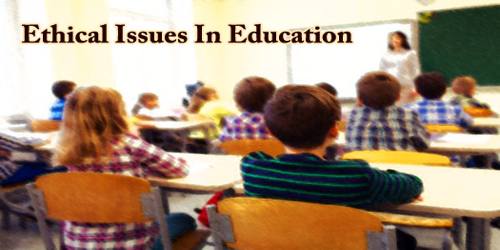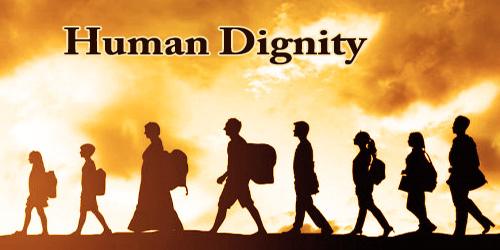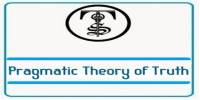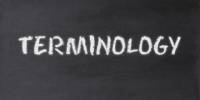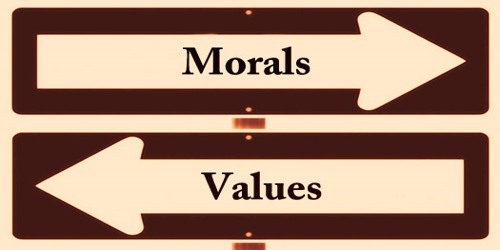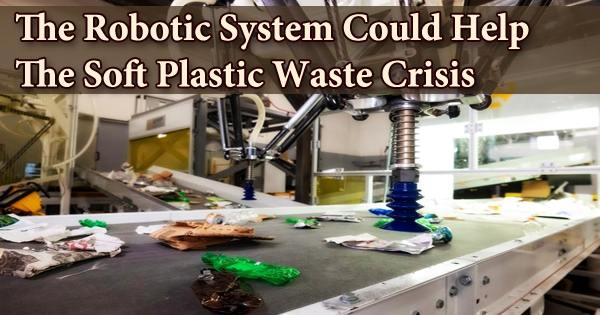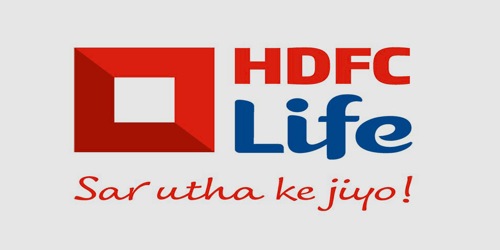Ethical issues in Education Organizational Structure Ethics are a set of principles that people use to decide what is right and wrong. Other words such as principles and morals are used concurrently when discussing ethics.
As Sydney J. Harris American journalist Quotes “The whole purpose of education is to turn mirrors into windows”. Education brings about the change in the physical, mental, and social development of an individual develops insight and beliefs about the purpose of education, conveys strength to one’s sentiments, and widens the perceptions and leading to a healthier attitude of viewing at realism.
In the words of Bill Beattie, one of the famous authors and writers “The aim of education should be to teach us rather how to think, than what to think rather to improve our minds, so as to enable us to think for ourselves, than to load the memory with thoughts of other men.”
Indeed, education is an ongoing process. We are always receiving and passing it on, adding something in the process, sometimes even taking certain things, impertinent from time to time, away from it while passing it on further. However, the industry of education is a serious one, requiring well-defined ethics and values, well-bound in visible legal outlines to regulate its exchange and distribution. Let us take a brief look at some of the most common issues of ethics in education.
Every child should be trained, and the UN has rendered it one of every child’s fundamental human rights, acknowledging the harm of having uneducated people and the significance of educated citizenship. Unfortunately, there are some issues in this system as well which the students and teachers face on an everyday basis.
- Gender and social inequality – Gender and social inequality in India is still a huge problem that is one of the hindrances in the way of educational growth. Especially in rural areas, girl’s children still can’t go to school because the mindset is that they are born to do the household works.
- Caste Issues – Caste plays a significant role in ethical issues in education. The scheduled tribes, scheduled castes reservation in India, make headlines every now and then. Many deserving candidates lose their chance in higher studies because of the caste issue.
- Lack of Vocational Education – In today’s world, the conventional ways of education don’t really fit. The education system should introduce more vocational courses in our country. Because of the new age system, which is continuously evolving, demands practical knowledge. Students with theoretical knowledge often stay behind in this fast-moving era.
- Lack of Digitalization – In this era of new-age media, digitalization is the goal that we are heading towards. But, the lack of digitalization is making it hard for our education system to grow the way it should by now. The issues in taxation and other regulatory guidelines, poor connectivity, digital access are roadblocks to the digitalization in education.
- Politics in Higher Education – Politics in higher education causes a lot of problems in the curriculum itself. The atmosphere in an educational institute is one of the significant issues in the system nowadays.
- Vast and Varied Syllabus Lacking Relevance – The vast and varied syllabus in education is one of the ethical issues the system is facing. The huge, irrelevant syllabus makes it hard for the students to prepare themselves for the future because the world is now getting ready for digitalization, and mugging up theories is not the right way.
The following are some of the most common moral, legal and ethical concerns in education that are most often faced by the givers and receivers of education, along with the education institutes, management thereof, and sometimes, parents and guardians of students.
- Issues of Discipline – The notion of a zero-tolerance policy against the give-them-another chance policy cannot work across the board. Some quarters, especially parents and guardians might be against the zero-tolerance policy for reasons best known to them, others support the idea. Both concepts can be applied simultaneously in all educational institutes. While the zero-tolerance policy is used for aggressive and anti-social and behavioral in-disciplinary actions like carrying firearms in the school and bullying, the second chance policy can be used for the encouragement of better academic performance. The second chance policy does not necessarily mean one should spare the rod and spoil the child.
- Choice of Instructor /or Teacher – One of the commonest ethical issues in education is the choice of teacher a particular child or set of children will have in the following year. Such issues usually ensue between the principal, school administration, and parents of the children. The choice of instructor /or teacher usually ensues between the principal, school administration, and parent. Two predictable outcomes usually result from such an issue the principal either reluctantly concurs to the parents’ request or he makes a blanket statement stating the policy against honoring parents’ opinion as regards the choice of teachers for a particular class.
- Ethnic and Social Diversity – Schools are continuously faced with the issue of diversity stemming from students having different social and ethnic backgrounds. Public schools in particular, have had to deal with issues relating to racial inequality and ethnic differences. All educational institutes, particularly the public ones, need to address the issue of diversity by modifying the curriculum. Ethnic sports and multicultural festivals should be organized at schools, helping to bring together students of diverse backgrounds and helping to promote unity amongst them. The inclusion of prominent historical issues from different ethnics would also help students to get familiar with one another’s cultural, ethnic, racial, and even religious differences.
- Grading – It has often been argued that examinations are not a true test of knowledge, as some students suffer from what is sometimes referred to as “examination fever”, where even a brilliant student finds it difficult to pass the simplest examination. On a serious note, the argument of how students should be graded and the parameters guiding such grades are always questionable. On the other hand, who takes the blame for the failure of the student(s) the rather incompetent teacher or the lazy student. In addition to the ethical issues affecting learning mentioned above, other issues worth noting include flexibility in the curriculum development, teaching strategy, continuous assessments, knowledge transfer, and best practices across the board. Each of the issues mentioned requires deep understanding and careful scrutiny to proffer effective solutions and enhance the educational system.
Besides the above mentioned ethical issues in education, there are other noteworthy issues teacher evaluations, sex education, value education, tracking, and random drug tests on campuses that prevail surrounded by controversy. Each of these issues requires fine scrutiny and deep understanding but even then, there would always be that “depends upon the situation” factor that would decide which way the verdict rests.
Information Sources:
